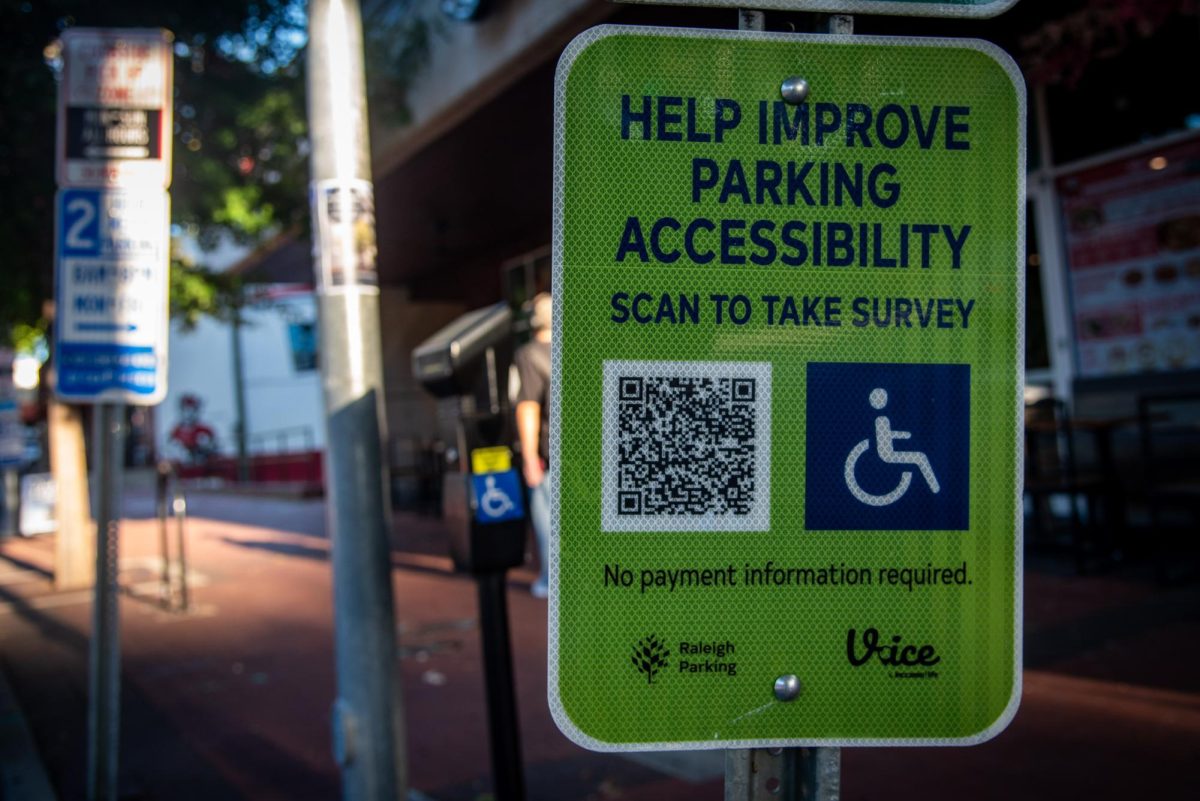During the month of April, students can participate in a variety of events to become more informed about financial problems that they may be currently facing or face in the future.
Michelle Thompson, senior associate director of the Office of Scholarships and Financial Aid, is operating Financial Literacy Month at NC State through the program Dollars and Sense.
Dollars and Sense plays a key role in teaching students and graduates how to manage their money. According to Thompson, the NC State organization was created to educate and inform students about finances.
“We created Dollars and Sense to try to raise student awareness of financial issues and to make them smarter consumers,” Thompson said.
Students can partake in a variety of educational programs throughout the Financial Literacy Month like budgeting, paying student loans and obtaining health insurance. Thompson emphasized that financial literacy is a holistic effort and the topics discussed can help students after graduation.
“There are decisions that students can make on a daily basis to help them get through the semester,” Thompson said. “Eating healthy on a budget are decisions that you can make on a daily basis. [We’re] hitting topics that students care about.”
Thompson and her colleague Jean Lembke, an NC State financial aid counselor, saw a need for the programming outside of just the NC State Financial Aid Office.
“In the past, before financial literacy programming was centered, we would get requests from students to help find content to deliver to their student groups,” Thompson said. “There wasn’t a central place for them to find personal help.
Another reason for creating Financial Literacy Month was to help students understand the debt they might have after graduation.
“The other catalyst was student debt,” Thompson said. “Regularly, we would see students graduating with a lot of student debt. We get questions from parents in the best way to fund students’ education. We saw a need to understand student borrowing and lending. And to understand the limits to that were, it’s not always the smartest thing to borrow all the money possible.”
Britt Hurst, the employee recognition and wellness director for NC State Human Resources, discussed the importance of teaching students about their finances as they go into the workforce and why the office is partnering with Dollars and Sense.
“We have partnered with the Career Center to educate [students] about benefits as they graduate the university and go into the workplace,” Hurst said. “This really has bearing on what their salary looks like when negotiating.”
According to Hurst, Human Resources has reached out to many companies like PNC Bank and the Teachers Insurance and Annuity Association (TIAA) that will also help teach students, as well as faculty and staff, about financial responsibility.
“We’ve partnered with TIAA for financial literacy, PNC Bank and all the resources available for students,” Hurst said. “They sponsor as well as speak. They’ve brought in experts from PNC that are versed in budget management, debt or credit repair to come speak to students about proven techniques to help in those areas.”
Students can find a list of events for Financial Literacy Month on the Student Service Center website.





